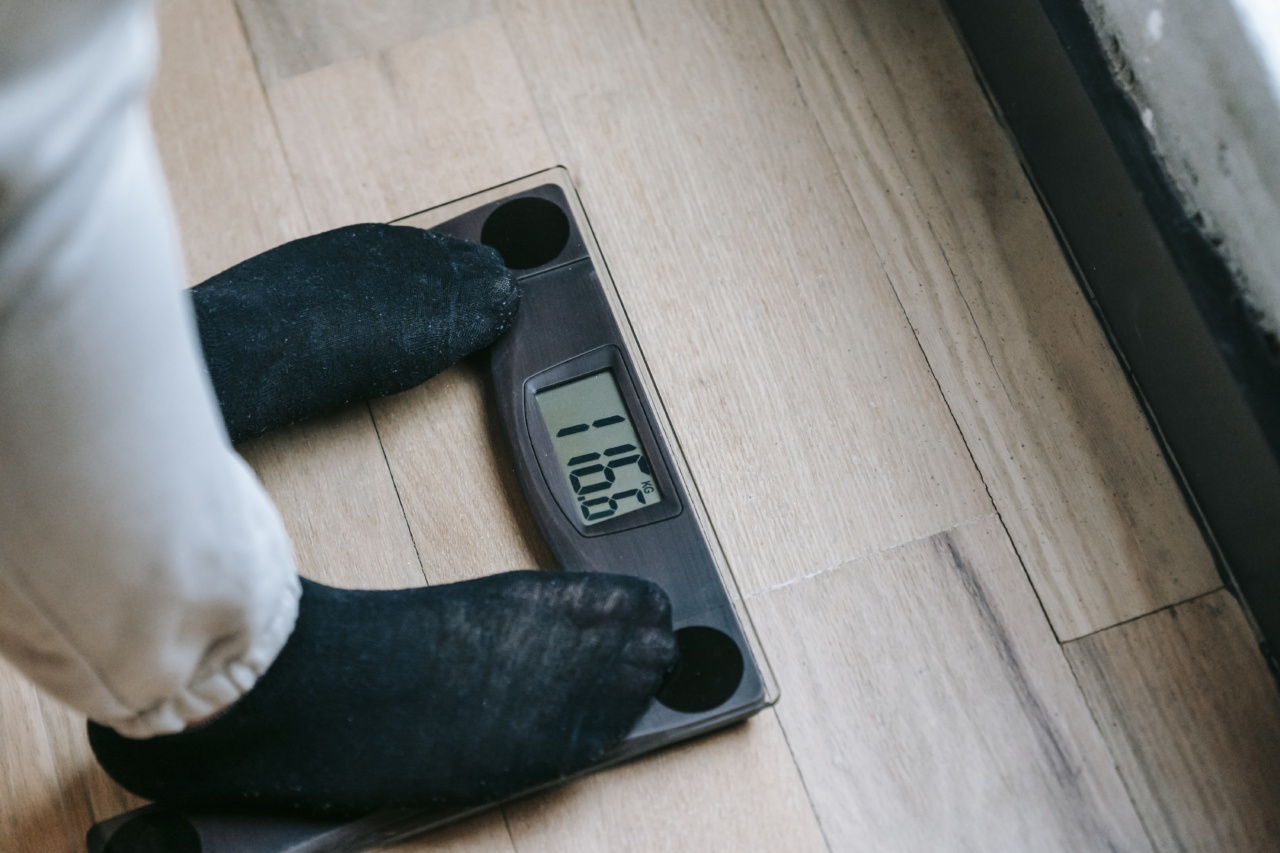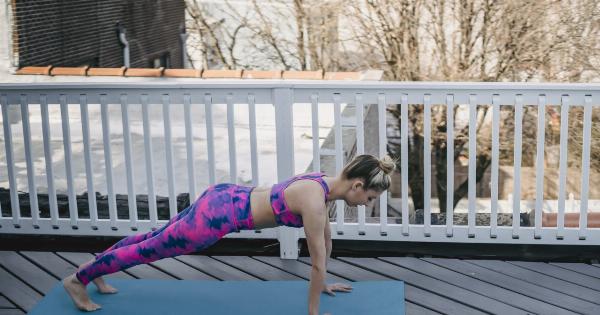Pilates is a low-impact exercise system that focuses on improving flexibility, strength, and control in the body. It was developed by Joseph Pilates in the early 20th century and has gained popularity all over the world today.
Pilates offers a unique workout that targets all muscle groups, improves posture, and builds stamina. In this article, we’ll guide you through the principles of Pilates and how they can help you achieve control and stamina in your workouts.
The Principles of Pilates
Pilates is based on six principles that are crucial to mastering the technique and getting the most out of each exercise.
Concentration
A key element in Pilates is concentration. Every movement should be done with complete focus and attention.
By concentrating on each movement, you’ll be able to engage the right muscles and coordinate your breathing, which will result in better control and higher stamina.
Centering
Pilates is all about using your core muscles, which are located in your abdomen, lower back, and hips. Centering is the principle of starting every movement from your center and engaging your core muscles as you do it.
This helps to strengthen and tone your core, improve your posture, and increase your overall control and stamina.
Control
The word “Pilates” comes from the idea of controlled movements. Control is the principle of executing each movement slowly and deliberately, with precision and grace.
By controlling your movements, you’ll be able to engage the right muscles and avoid straining or injuring them. This will help you build strength, flexibility, and control over your body.
Precision
Precision is the principle of performing each movement with accuracy and attention to detail. This means moving with intention and being aware of every part of your body as you move.
By being precise in your movements, you’ll be able to target specific muscles, improve your posture and balance, and increase your overall control and stamina.
Breath
In Pilates, breathing is key. The breath should be deep, smooth, and controlled, and should be coordinated with each movement.
By coordinating your breathing with your movements, you’ll be able to engage your core muscles, release tension, and increase your stamina.
Flow
Flow is the principle of moving smoothly and continuously from one movement to the next. Pilates movements should flow seamlessly into each other, with no abrupt stops or jerky transitions.
This helps you to maintain your concentration, engage the right muscles, and build your stamina.
The Benefits of Pilates
Pilates offers many benefits, both physical and mental. Here are some of the most important:.
Improved Flexibility
Pilates movements are designed to stretch and lengthen your muscles, which helps to improve your flexibility and range of motion.
By regularly practicing Pilates, you’ll be able to move more freely, with less pain and stiffness, and with a reduced risk of injury.
Increased Strength
Pilates movements are also great for building strength, particularly in your core muscles.
By regularly practicing Pilates, you’ll be able to tone and strengthen your muscles, leading to better posture, increased stability, and improved overall strength and endurance.
Better Balance
Pilates movements require a lot of control and balance, which helps to improve your balance and stability.
Regular practice can help to reduce your risk of falls and injuries, and can make it easier to perform everyday tasks with more confidence and ease.
Reduced Stress
Pilates is a low-impact exercise system that focuses on breath and mindfulness, which can be a great way to reduce stress and promote relaxation.
By practicing Pilates regularly, you’ll be able to release tension and improve your mental clarity, leading to a greater sense of calm and wellbeing.
Conclusion
Pilates is a unique and effective exercise system that can help you achieve greater control and stamina in your workouts.
By mastering the principles of Pilates, including concentration, centering, control, precision, breath, and flow, you’ll be able to build strength, improve flexibility, and reduce stress. Whether you’re a beginner or an experienced athlete, Pilates is a great way to improve your overall fitness and wellbeing.






























